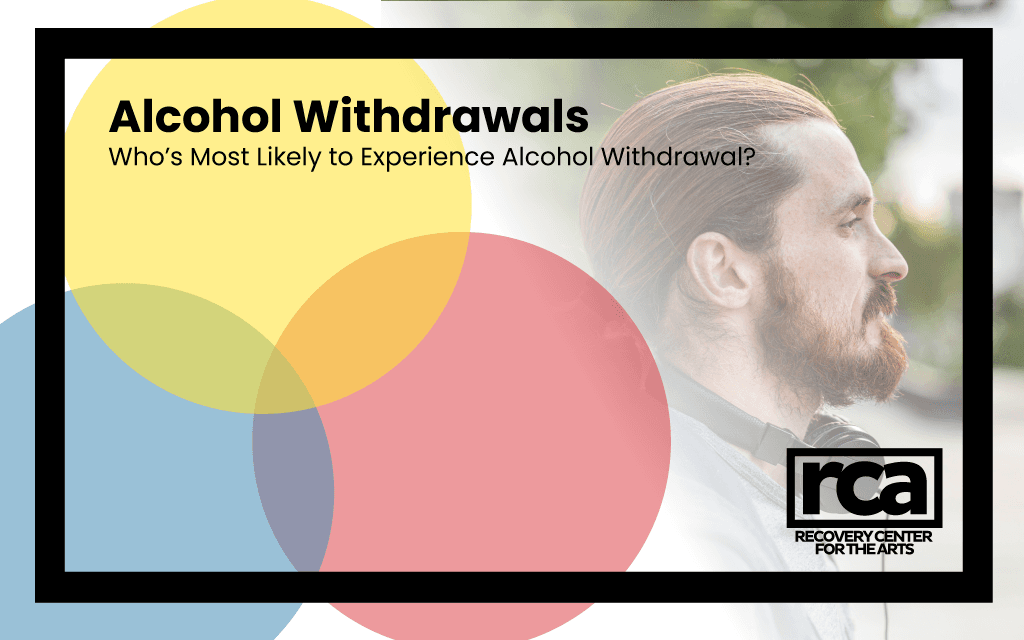
“Healing doesn’t have to look magical or pretty. Real healing is hard, exhausting, and draining. Let yourself go through it. Don’t try to paint it as anything other than what it is. Be there for yourself without judgment.”
- Audrey Kitching
Can you remember the first time you tried alcohol? What about the first time you learned what alcohol was?
Alcohol has been a part of popular culture for decades. Even as overall alcohol use continues to decline with each generation, it’s still seen as a right of passage. How often in a TV show or movie do you see someone go to the bar to hang out with friends? How often have you heard of people drinking a beer or grabbing a wine when they get home to “unwind?” How many songs can you name that mention partying or specifically mention drinking?
The prevalence of alcohol is still high, especially here in Arizona. Nearly 1 in 5 adults in Arizona binge drink at least once a month. How much do you actually know about what alcohol does to your body, though?
At Recovery Center for the Arts, we’ve seen the full range of effects that alcohol use can have on an individual. We want to see our community thrive, and one way we hope to achieve this is by providing more information about alcohol use so you can make informed decisions about your health. Today we’re going to talk about alcohol withdrawal, how to spot it, and what it means for you and your well-being.
What Is Alcohol Withdrawal and How Does it Happen?
Withdrawal is not something that’s exclusive to alcohol. It’s a process that can occur whenever you cease taking any substance that alters how your body or mind works.
Our bodies are incredibly adaptable. If they’re presented with a way to operate more efficiently, they’re going to take advantage of that. This means if you’re taking a substance that, for example, increases your dopamine production, your body would eventually adjust to this new level of dopamine. It might start making less naturally as a result, too.
Removing this substance from your system suddenly is similar to if you ripped the training wheels off of someone’s bike. It’s a very sudden and abrupt change. Yes, you can overcome it, but there’s normally more hiccups than there would be if you slowly raised the training wheels before removing them completely.
When you stop taking a substance that you were regularly taking, your body first has to realize that the substance is no longer present. Then, it starts to go through the process of readjusting to this “assistance” no longer being present. This process, and the side effects that result from it, is known as withdrawal.
Are Hangovers a Form of Alcohol Withdrawal?
After hearing this definition, you might be thinking of the side effects you feel after a night of drinking. You wake up in the morning and you have to deal with headaches, dizziness, fatigue, and more. These occur after you stop drinking – does this mean that hangovers are just alcohol withdrawal?
The answer to this is more complex than you might think, because it’s both a yes and a no. Let’s talk about why.
First, you might know people in your life who rarely (if ever) get hangovers. This is because hangovers occur due to a large combination of factors. Knowing these factors can help combat or even prevent hangovers from occurring in the first place.
A hangover happens because of dehydration, changes in your sleep schedule, inflammation, the toxins that are produced when alcohol is processed, and because of the cessation of drinking.
So, even though part of the source of the side effects of a hangover stem from ceasing to drink, much like withdrawal, it also is impacted by other factors, too.
Who’s Most Likely to Experience Alcohol Withdrawal?
Having a single night out on the town, or drinking a drink or two every once in a while will not make someone experience alcohol withdrawal. Alcohol withdrawal is a sign of an alcohol use disorder and occurs in those who drink frequently, in high quantities, or a combination of the two.
This can happen to any age or gender and is simply based on your body’s specific tolerances as well as your history of alcohol use.
Is There a Certain Amount of Alcohol That Guarantees Withdrawal?
There is no set amount of alcohol that guarantees withdrawal, however the more you drink and the more frequently you drink, the higher your chances are of experiencing withdrawal. Other things such as your metabolism, age, history of drinking, and other forms of substance use can also influence your likelihood of experiencing alcohol withdrawal.

How to Spot the Common Signs of Alcohol Withdrawal
There are many different side effects that can occur because of alcohol withdrawal. Being able to spot these side effects is important for ensuring your own well-being. If you can spot these side effects, you’ll be better able to understand what is going on with your body and know how to react should you need help.
Not everyone will experience every side effect of withdrawal. Some may experience certain side effects more intensely than others. Please check out this list so you can have a better understanding of what to look out for.
- Increased anxiety
- Fatigue
- Irritability
- Mood swings
- Increased depression
- Sweating
- Dilated pupils
- Headaches
- Changes in sleep patterns
- Loss of appetite
- Nausea and vomiting
- Tremors
- Fever
- Severe confusion
- Seizures
- Hallucinations
Is Alcohol Withdrawal Something to Be Concerned About?
Many of the symptoms associated with alcohol withdrawal are annoying at most, but this doesn’t mean that it’s something to simply sleep off. Alcohol withdrawal can be dangerous, for more reasons than one.
The primary danger that stems from alcohol withdrawal is the cycle it encourages. Many people will simply seek out more alcohol in order to alleviate the side effects. Not only will this continue to damage your body in the long-run, but it can also increase the risk of alcohol poisoning.
The secondary danger comes from the side effects themselves. Delirium tremens occurs in approximately 5% of people who experience withdrawal, but it has a nearly 40% mortality rate, making it incredibly dangerous without proper treatment. Just because the odds are low of it happening to you, doesn’t mean it can’t. If you notice withdrawal symptoms such as tremors, hallucinations, confusion, or seizures – seek medical help immediately.
Can You Manage or Prevent Alcohol Withdrawal From Home?
There are ways to manage alcohol withdrawal from home. Hydration, proper nutrition, and rest are key components to managing the symptoms associated with it. Having someone around during this process is key to your safety. They can monitor your symptoms and ensure you don’t return to use at the same time.
After this period, however, treatment is your best option. If you have the will to stop your alcohol use, why make it harder on yourself to achieve your goal? Treatment provides you with the support and tools you need to make tackling your recovery journey that much easier. You deserve to have the power to make change in your life, but you don’t have to do it alone.
What’s the Average Timeline of Alcohol Withdrawal?
While there isn’t a way to pinpoint a specific timeline that’s accurate for every individual, we do have a decent understanding of the timeline of alcohol withdrawal. Please note that these numbers can vary from person to person, but still give you a general idea of what to expect.
The Phase of Withdrawal | Average Timeframe | What to Expect |
|---|---|---|
The Start of Withdrawal | 0 - 24 hours since your last drink | During this time frame, you tend to feel normal. Depending on how much you drank you might experience hangover symptoms, but the real stages of withdrawal won’t start til after this. |
The Peak of Withdrawal | 24 - 72 hours since your last drink | This is where the majority of the symptoms of withdrawal occur. It’s the most dangerous time frame and the most intense. Medical monitoring is advised due to the risks associated with this period. |
Post-Acute Withdrawal Syndrome | 3+ days since your last drink | Some people will continue to experience symptoms of withdrawal for weeks after their last drink. This varies from person to person and should be addressed with a doctor if you wish to seek relief. |

Finding Treatment for Alcohol Use and Alcohol Withdrawal in Arizona
If you’re seeking help with alcohol withdrawal, or just wish to start your journey away from alcohol use, then seeking alcoholism treatment is right for you.
A good program will offer your support, guiding you towards healing in a way that helps you find your joy and purpose again. Recovery can seem daunting and overwhelming, but there is support out there. There are people who care and want to see you succeed. All you have to do is take that first step.
Our team at Recovery Center for the Arts is dedicated to helping you heal your inner child. We offer treatment programs designed to highlight your creativity and set you up on a path of success. There’s no wrong time to get started, so give us a call today at (602) 579-9023.
Recovery Center for the Arts – Finding recovery through creativity.

